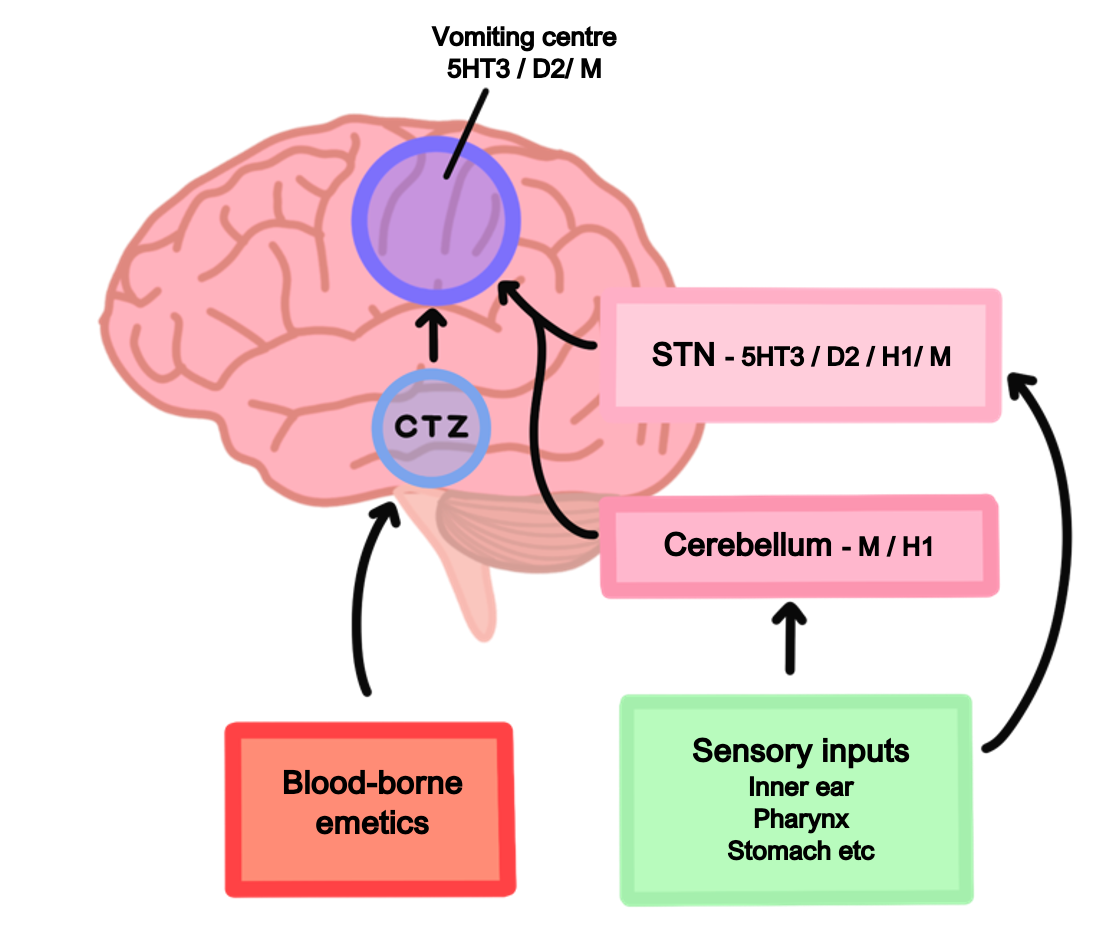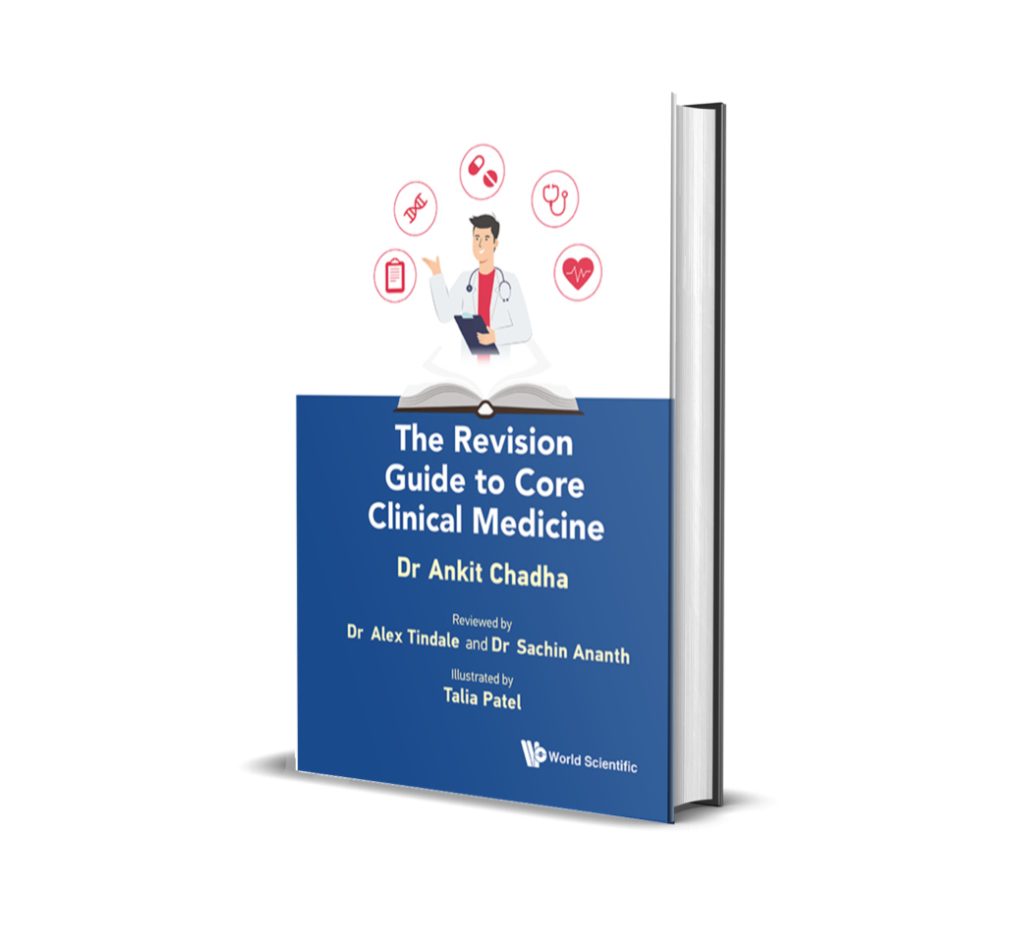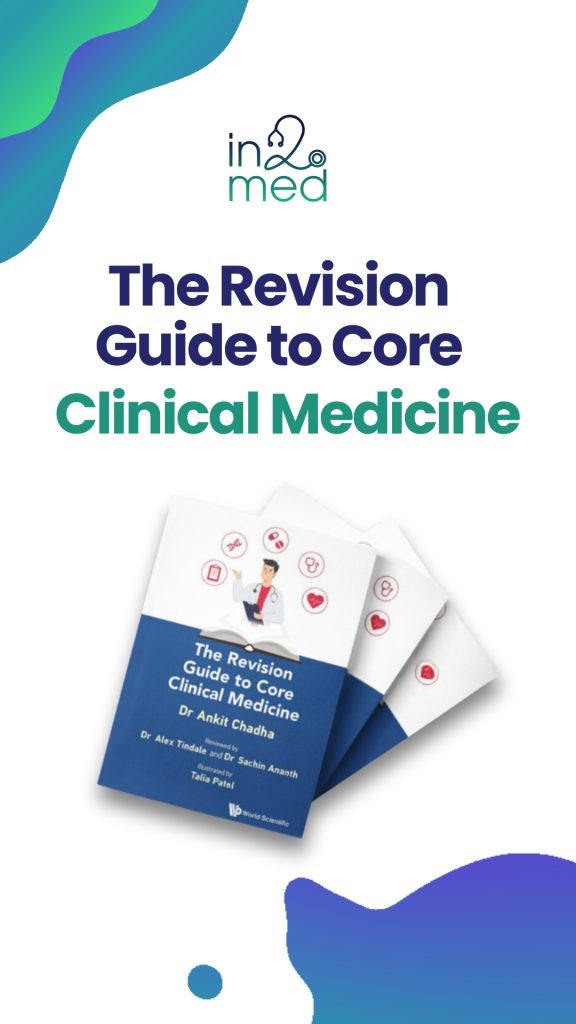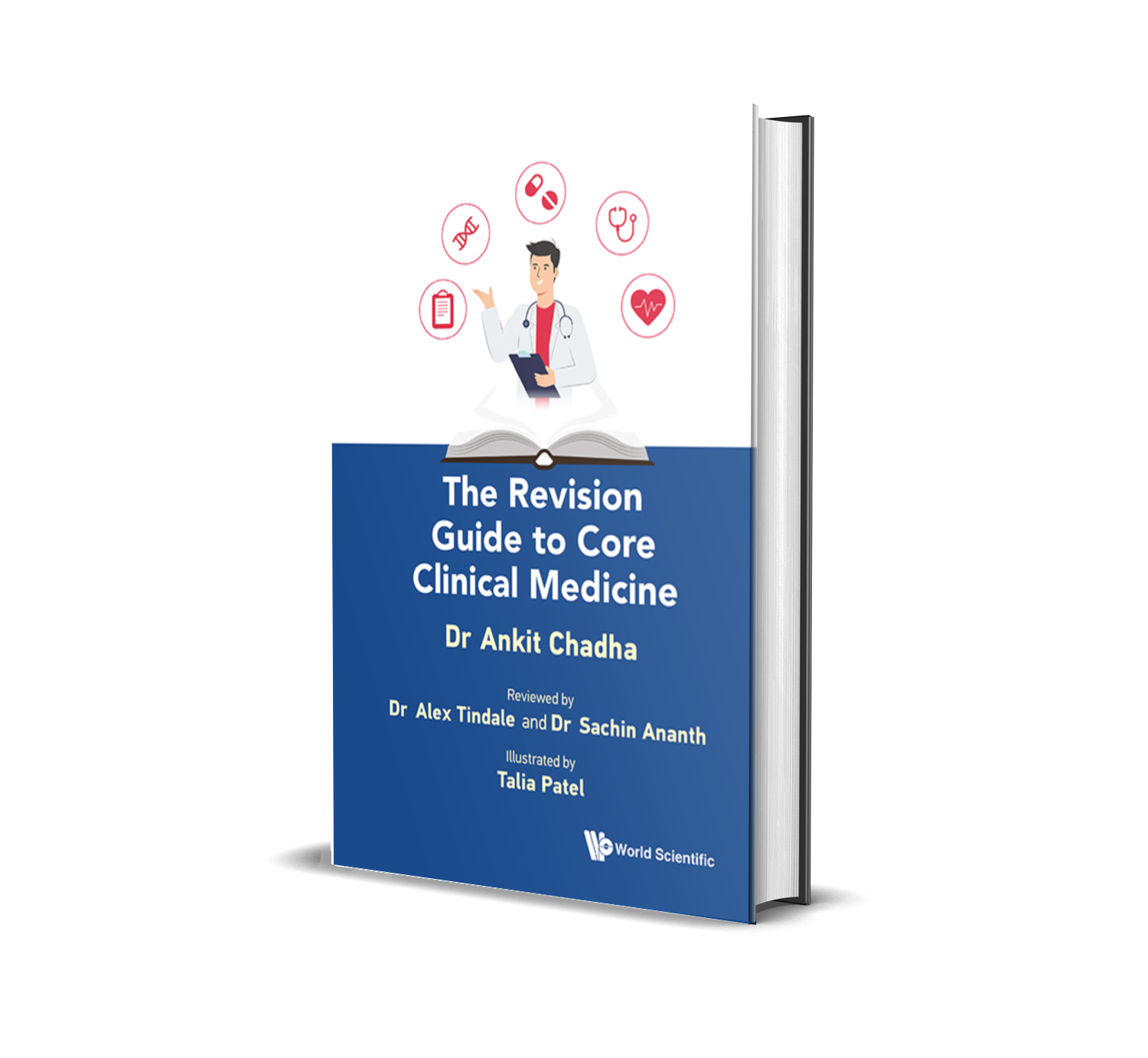Don’t let bad grades define you
Dear Friend,
Happy Sunday, everyone! I’m thrilled to announce that my book has officially been released in the UK and is now available to order on Amazon. It’s been quite a journey to reach this milestone, and I truly hope you all find it valuable. If you’re interested in a 30% discount, join me at my book launch this Thursday (sign up here).
On social media, we often see people showcasing their successes, which can create a distorted view of reality and lead to unrealistic expectations of constant success. The old adage that you learn more from your failures is very true, and I’ve experienced this firsthand. The process of writing my book and graduating from medical school has been anything but smooth, with numerous small setbacks along the way. These challenges have been crucial learning experiences that have shaped who I am.
It’s exam season for many, including myself, and it’s easy for students to become stressed. Sometimes, despite our best efforts, we don’t achieve the results we hoped for. I remember when I was applying to medical school and performed below my expectations in the BMAT (the former entrance exam for medical school). I nearly gave up hope of getting into Cambridge, feeling like I had let myself down and didn’t deserve it anymore. I stopped revising, but with the support of friends and family, I was encouraged to prepare for my interview. Despite my low score, I was the only student from my college to receive offers from all four medical schools.
This week, I want to share some advice on how to cope with disappointing results, as it’s something we all face at times. I hope you find it helpful.

Feeling down about results
When I’m feeling down about something, after I have sulked around for a day (and maybe cried), I then start the recovery process. I ask myself if there’s anything I can do to improve the situation or learn from it. Once I’ve done that, I ask myself if continuing to feel bad will be of any benefit. Usually, the answer is no, so I decide not to dwell on it any longer.
For example, with disappointing exam results, the initial disappointment can motivate us to work harder next time, if that’s what we want. Beyond that, continuing to feel bad about something that’s out of our control is pointless. So, we can choose not to feel that way.
The Identity Crisis
Many of us feel disappointed by bad exam results because we tie our sense of identity to our academic performance. When our grades define too much of who we are, poor performance can be devastating.
The solution is to diversify our identity. In a similar way that when you are investing in stocks, it is wise to diversify your investments to minimize risk, it’s smart to diversify your identity. Invest your self-esteem in various areas—such as business, social life, relationships, philanthropy, and athletics—so that if one area falters, your entire sense of self isn’t compromised.
Performing badly in tests is an awful feeling. If you take one thing out of this week’s newsletter, then remember that you are not alone in feeling this week. It is a rite of passage that everyone goes through, we are all in the same boat.
So as you embark on your exams, go in with confidence that you can perform well. And if you don’t do as well as hoped, remember that it does not define who you are. And, although I have the benefit of hindsight now, looking back you won’t even remember the exams you did – instead, the friendships, the experiences will stay with you for a lifetime.
See you next week!
Drug of the week
Haloperidol
This is a 1st generation (typical antipsychotics) which works by antagonising dopamine D2 receptors.
It has an immediate quietening action and have a greater effect on alleviating positive symptoms
“Typical” refers to its propensity to cause extrapyramidal side effects, which are seen in greater incidence in this group compared to the atypical antipsychotics.
It is also used as an anti-emetic by antagonist dopamine receptors in the chemoreceptor trigger zone.
A Brain Teaser
A 67-year-old man presents to clinic with a history of blood in the stools and weight loss. He was referred for an urgent colonoscopy, which showed a large mass in the distal transverse colon. Biopsy confirmed adenocarcinoma. Further investigation reveals no lymph node involvement or distant metastasis.
What surgery should be offered?
A: Hartmann’s procedure
B: High anterior resection
C: Left hemicolectomy
D: Local resection
E: Right hemicolectomy
Answers
The answer is C – Left hemicolectomy
A left hemicolectomy is the correct answer. A left hemicolectomy is performed for tumours found in the distal transverse or descending colon.
A Hartmann’s procedure refers to a surgery where the sigmoid colon is resected and an end colostomy is made. It is often used in an emergency setting, such as in bowel perforation.
A high anterior resection would be correct if the mass was found in the sigmoid colon, rather than the distal transverse colon.
A local resection is suitable for small masses that have been detected early. Although we do not know what stage this cancer is at, the question does specify that the mass is large, and so a local resection is not appropriate.
A right hemicolectomy would be performed in patients with a tumour affecting the caecum, ascending colon, or proximal transverse colon.





